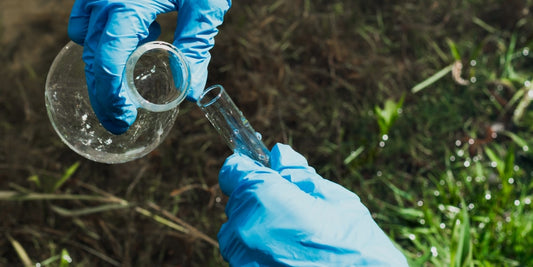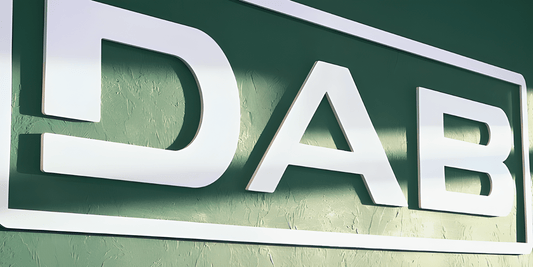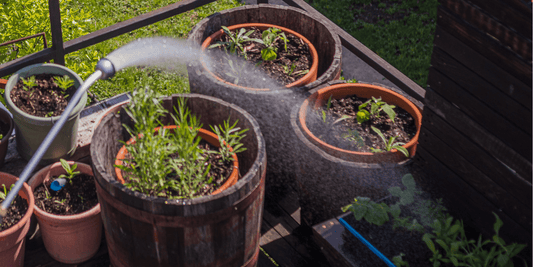GRP Kiosks: Features and Benefits for Modern Infrastructure
Share
GRP (Glass Reinforced Plastic) kiosks are becoming the go-to solution for housing and protecting critical equipment across various industries. Whether used for electrical systems, water treatment controls, telecommunications, or other sensitive applications, GRP kiosks offer a range of features that make them stand out from traditional metal or concrete enclosures. Here’s an in-depth look at their key features and why they’re an ideal choice for modern infrastructure projects.
Key Features of GRP Kiosks
- Weather Resistance GRP kiosks are designed to withstand all types of weather conditions. The material is resistant to UV rays, rain, and extreme temperatures, ensuring that the equipment inside remains safe and functional, regardless of the external environment. This makes them ideal for outdoor installations in both urban and rural settings.
- Corrosion Resistance One of the standout features of GRP is its non-corrosive nature. Unlike metal enclosures, which can rust over time, GRP remains unaffected by moisture, chemicals, and salt in the air. This makes it perfect for coastal regions, industrial areas, or any environment where corrosion could be an issue.
- Durability GRP is an incredibly strong material despite being lightweight. Its high impact resistance ensures that it can protect the equipment inside from physical damage, including accidental impacts or vandalism. This durability ensures long-term protection and reduces the need for frequent repairs or replacements.
- Customization GRP kiosks are highly versatile and can be tailored to meet specific project requirements. They come in a variety of sizes, shapes, and colors, and can be fitted with additional features such as ventilation, insulation, lighting, or heating systems. This makes them adaptable for diverse uses, from electrical switchgear housing to environmental monitoring systems.
- Lightweight and Easy Installation Despite their strength, GRP kiosks are much lighter than traditional materials like steel or concrete. This makes them easier to transport and install, reducing both labor and installation costs. They can be mounted on a variety of surfaces with minimal groundwork, speeding up the installation process.
- Security GRP kiosks provide excellent security for sensitive equipment. They are often fitted with secure locking mechanisms to prevent unauthorized access, and the robust nature of the material adds an extra layer of protection against tampering or vandalism. This makes them a reliable option for protecting valuable infrastructure in remote or high-risk areas.
- Low Maintenance GRP kiosks are virtually maintenance-free. Their resistance to corrosion, rust, and environmental damage means they don’t need regular painting or treatment. Over time, this leads to significant savings in maintenance costs, making them an economically sound investment.
- Thermal Insulation GRP kiosks can be fitted with thermal insulation, which helps regulate the internal temperature. This is particularly useful for housing electrical equipment that needs to be kept at a stable temperature to ensure optimal performance and safety.
Applications of GRP Kiosks
Why Choose GRP Kiosks?
GRP kiosks are a versatile, durable, and cost-effective solution for protecting essential equipment in various industries. Their combination of weather resistance, low maintenance, and customization options makes them an excellent investment for long-term infrastructure projects. Whether you're managing electrical systems, water treatment facilities, or telecommunications networks, GRP kiosks offer the protection and flexibility you need to ensure smooth operations in any environment.
In summary, the blend of security, durability, and adaptability makes GRP kiosks a superior choice for housing and safeguarding critical equipment in today’s infrastructure projects.



